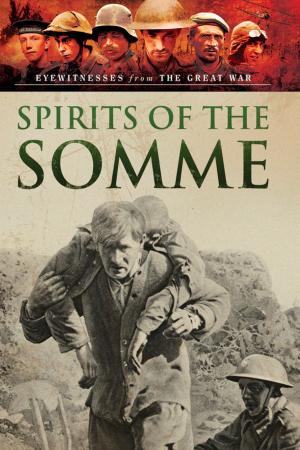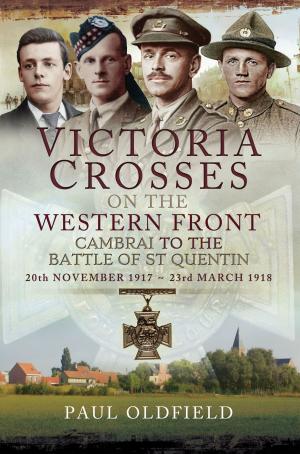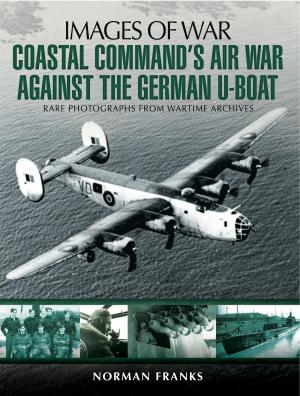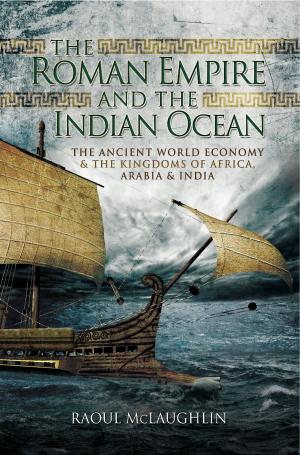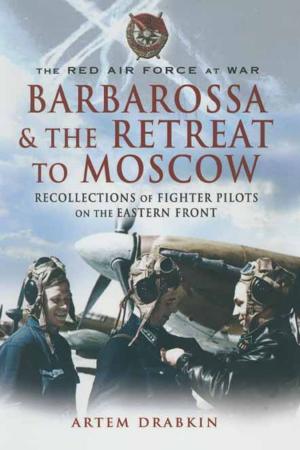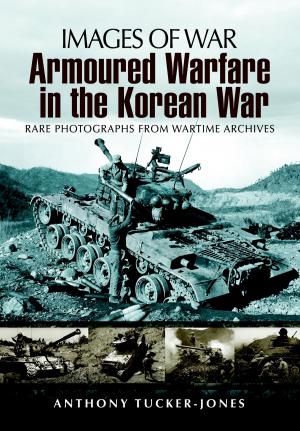| Author: | Chris Webber | ISBN: | 9781848849426 |
| Publisher: | Pen and Sword | Publication: | July 12, 2011 |
| Imprint: | Pen and Sword | Language: | English |
| Author: | Chris Webber |
| ISBN: | 9781848849426 |
| Publisher: | Pen and Sword |
| Publication: | July 12, 2011 |
| Imprint: | Pen and Sword |
| Language: | English |
Herodotus described the Thracians (who inhabited what is now roughly modern Bulgaria, Romania, the European part of Turkey and northern Greece) as the most numerous nation of all - apart from the Indians - and said that they would be the most powerful of all nations if they didn’t enjoy fighting each other so much. There may have been a million Thracians, divided among as many as 40 tribes.
Ancient writers were hard put to decide which of the Thracian tribes was the most valiant; they were employed as mercenaries by all the great Mediterranean civilizations. Thrace had the potential to field huge numbers of troops, and the Greeks and Romans lived in fear of a dark Thracian cloud descending from the north, devastating civilization in the Balkans. The Thracian way of warfare had a huge influence on Classical Greek and Hellenistic warfare. After Thrace was conquered by the Romans, the Thracians provided a ready source of tough auxiliaries to the Roman army.
Chris Webber gives an overview of Thracian history and culture, but focuses predominantly on their warfare and weapons. The latest archaeological finds are used to give the most detailed and accurate picture yet of their arms, armor and costume. He identifies and differentiates the many different tribes, showing that their weapons and tactics varied. The resulting study should be welcomed by anyone interested in the archaeology and history of the region or in classical warfare as a whole.
Herodotus described the Thracians (who inhabited what is now roughly modern Bulgaria, Romania, the European part of Turkey and northern Greece) as the most numerous nation of all - apart from the Indians - and said that they would be the most powerful of all nations if they didn’t enjoy fighting each other so much. There may have been a million Thracians, divided among as many as 40 tribes.
Ancient writers were hard put to decide which of the Thracian tribes was the most valiant; they were employed as mercenaries by all the great Mediterranean civilizations. Thrace had the potential to field huge numbers of troops, and the Greeks and Romans lived in fear of a dark Thracian cloud descending from the north, devastating civilization in the Balkans. The Thracian way of warfare had a huge influence on Classical Greek and Hellenistic warfare. After Thrace was conquered by the Romans, the Thracians provided a ready source of tough auxiliaries to the Roman army.
Chris Webber gives an overview of Thracian history and culture, but focuses predominantly on their warfare and weapons. The latest archaeological finds are used to give the most detailed and accurate picture yet of their arms, armor and costume. He identifies and differentiates the many different tribes, showing that their weapons and tactics varied. The resulting study should be welcomed by anyone interested in the archaeology and history of the region or in classical warfare as a whole.




